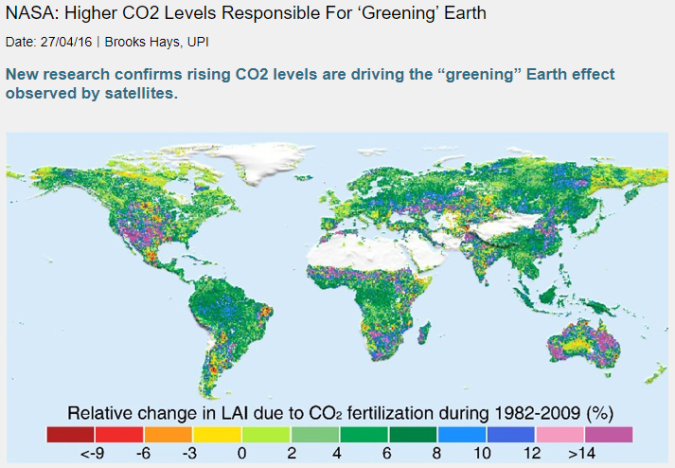Just came across this interesting paper of Mark White about measuring happiness and using it as a guide to implement public policies.
Abstract
Many governments around the world are considering measures of happiness or subjective wellbeing as alternatives to gross domestic product (GDP) for the purpose of guiding economic policymaking. Compared to GDP, happiness measures promise to better capture the quality of life of a nation’s citizens and lead to policies that are more effective and equitable. However, there are a number of problems with the concept of happiness that policymakers should be aware of before adopting it as a policy tool. In this paper, I focus on three interrelated aspects of happiness—definition, measurement, and policy implementation—and explain why each renders happiness a poor guide for policy. In general, happiness is a vague, multifaceted, and subjective phenomenon that is difficult to define precisely enough for measurement, hard to measure in a way that allows meaningful comparison between individuals and groups, and fraught with ethical complexities that complicate policy implementation.
You can find the whole paper here: https://www.mercatus.org/system/files/White-Happiness.pdf
